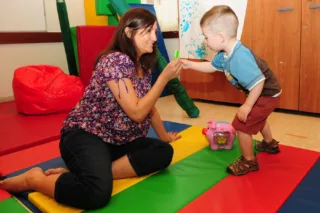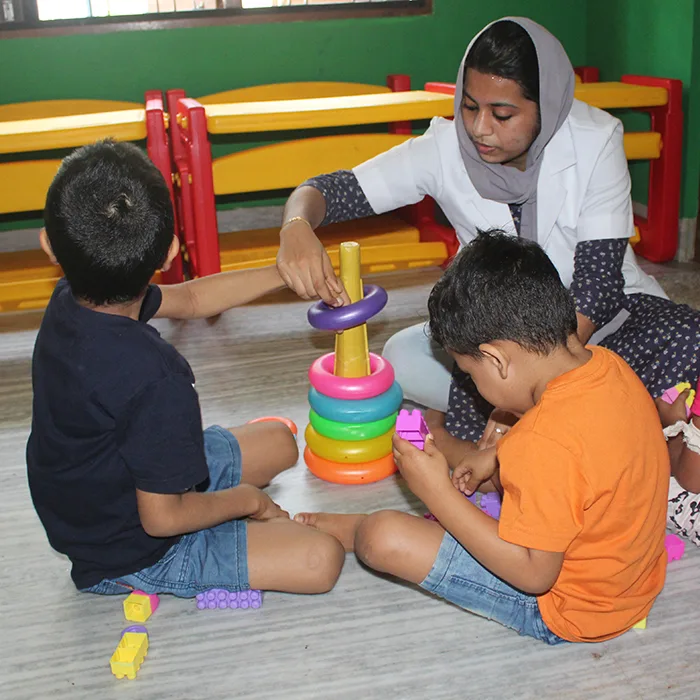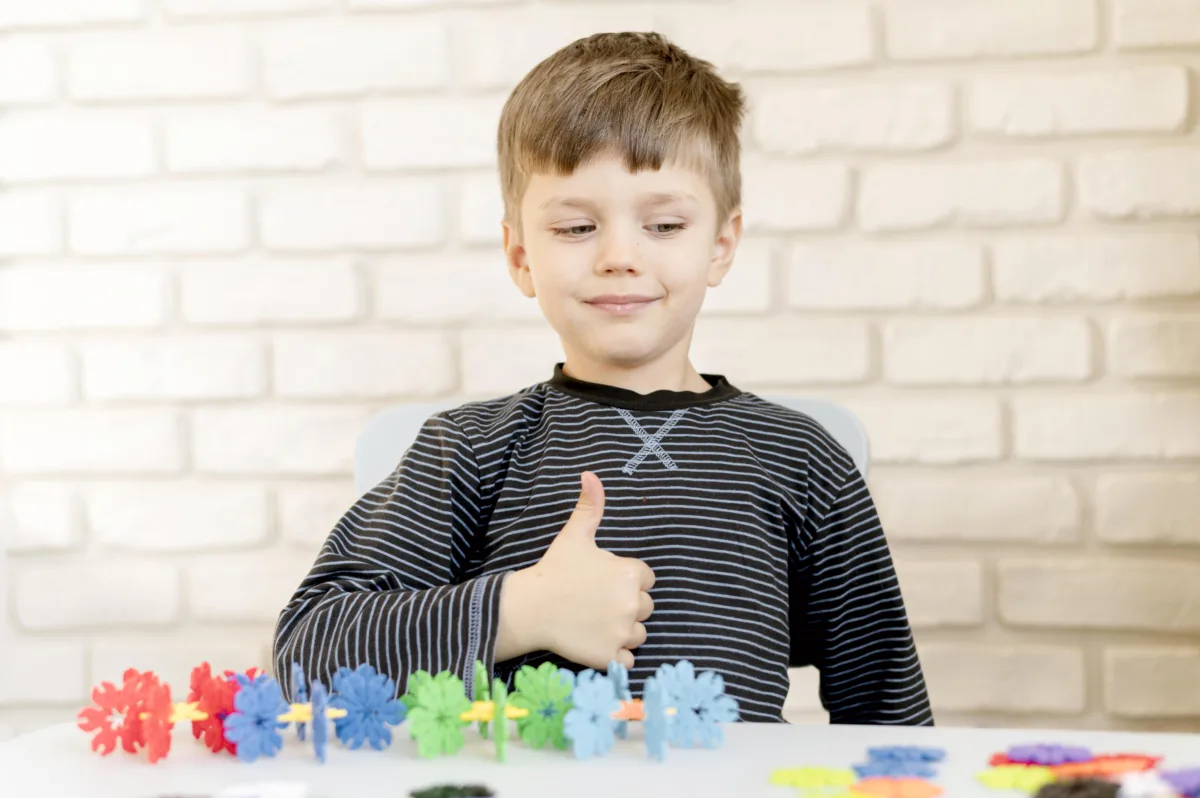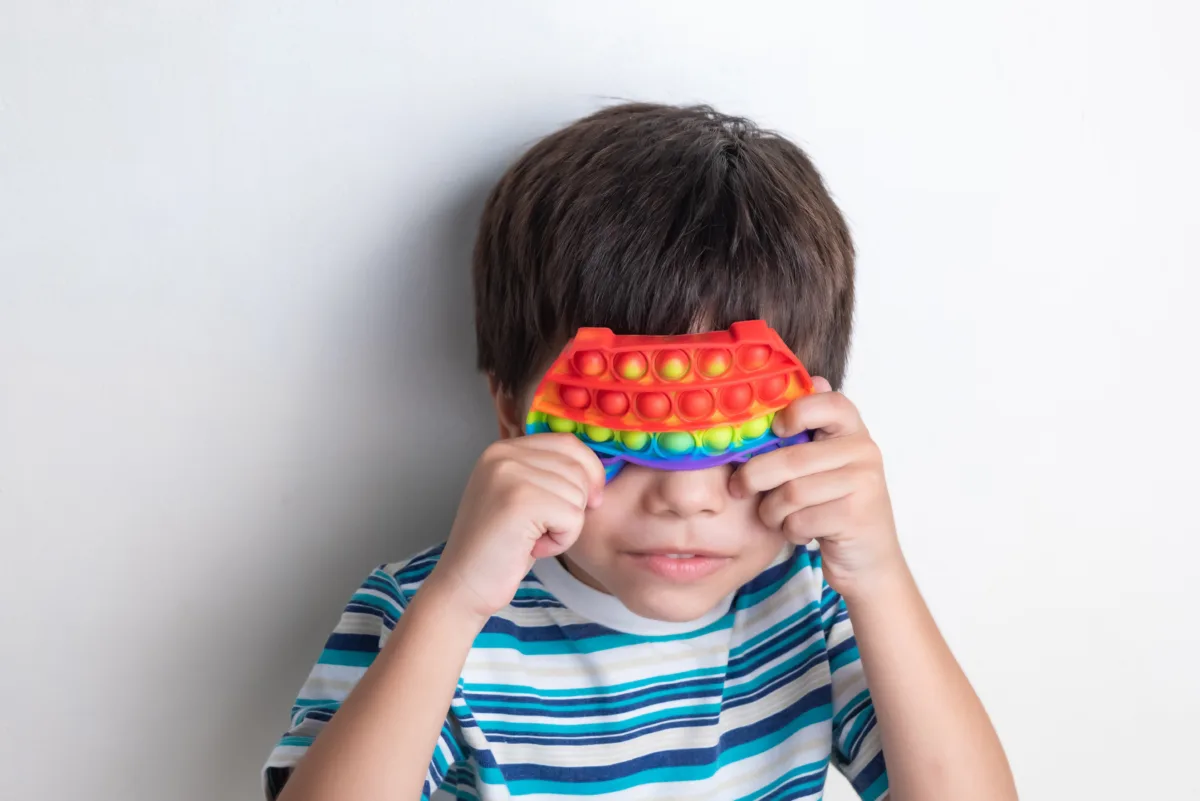Obsessive Interest In Autism Spectrum Disorder
Many autistic people have intense and highly focused interests, often from a fairly young age. These can change over time or be lifelong. It can be art, music, gardening, animals, or numbers. For many younger children it might be a particular cartoon character or some characters that might interest them. Autistic children and teenagers can be very intense and focused about favourite toys, activities and topics of conversation. Some children move from one interest or obsession to another, and the interests last for weeks or months before they change. Others develop an interest – for example, in trains – in early childhood and continue this interest through adolescence and into adulthood.
Some autistic children and teenagers have rituals. For example, some children might keep favourite objects in specific places, like the bottom corner of a drawer in the bedroom. They might have to get their objects out and touch them before bed. Or they might drink only from cups or ask the same questions and always need specific answers. Routines are often important to autistic children and teenagers.
They can find change and transitions difficult to cope with. They might like to eat, sleep, or leave the house in the same way every time. For example, children might go to bed happily if you follow their regular bedtime routines but won’t settle if the routines are broken. They might get very upset if their route to preschool is changed, or they might insist on putting their clothes on in the same order each morning. We don’t know what causes obsessive behaviour or the need for routines and rituals. The cause might not be the same for everyone.
Also, obsessions, routines and rituals help some autistic children manage stress and anxiety. When they feel stressed because they don’t understand what’s going on around them, obsessions and rituals let them take some control of their surroundings. Sensory sensitivities can lead to some autistic children developing obsessions and rituals. For example, children might stroke people’s hair whenever they can because they enjoy the sensation, or it helps them feel calm. And some autistic children have trouble with planning, so having a rigid routine or ritual helps comfort them and relieves feelings of stress and anxiety.
At Jeevaniyam we handle autistic children’s obsessions, routines, and rituals. Jeevaniam offers the best autism treatment in Kerala, India. We give trainings to both parents and children so that the child and the families can live with daily obsessive behaviour, routines, and rituals without much of difficulty. Our trained doctors and therapist help the child and the family to identify and answer the following questions:
- Is your child’s behaviour affecting their ability to learn?
- Is your child’s behaviour affecting their social life?
- Is your child’s behaviour affecting your family’s ability to carry out day-to-day activities, or to go on holidays or trips?
- How would you feel if this behaviour is the same in a few years?
- Is your child’s behaviour causing harm to themselves or others?
These questions might help you decide whether it’s worth trying to change things. And if you decide you want to work on your child’s obsessions and routines, your answers might help you work out what to focus on. It will be easy to develop a plan to manage your child’s obsessions, rituals and routines, it’s a good idea to think about your child’s developmental level and communication skills.
For example,
Does your child have the communication skills to understand your instructions?
Working out what’s causing your child’s behaviour might also guide your next steps. Is it sensory?
Or
Does your child feel anxious when faced with the unknown?
We might be able to manage the sensory issues or the anxiety, which could lead to a decrease in the behaviour. If your child’s behaviour isn’t affecting their life or other people in a negative way, but you still want to decrease it, you could consider setting some limits on the behaviour.










